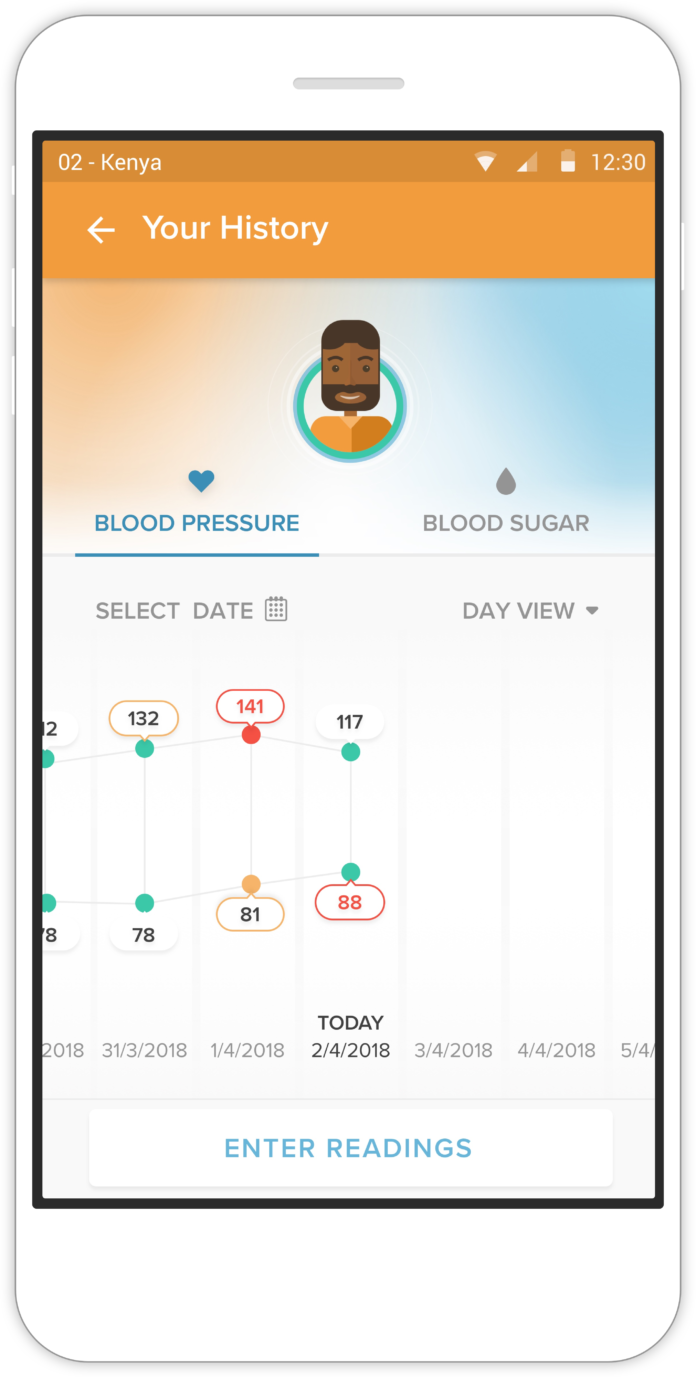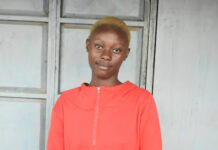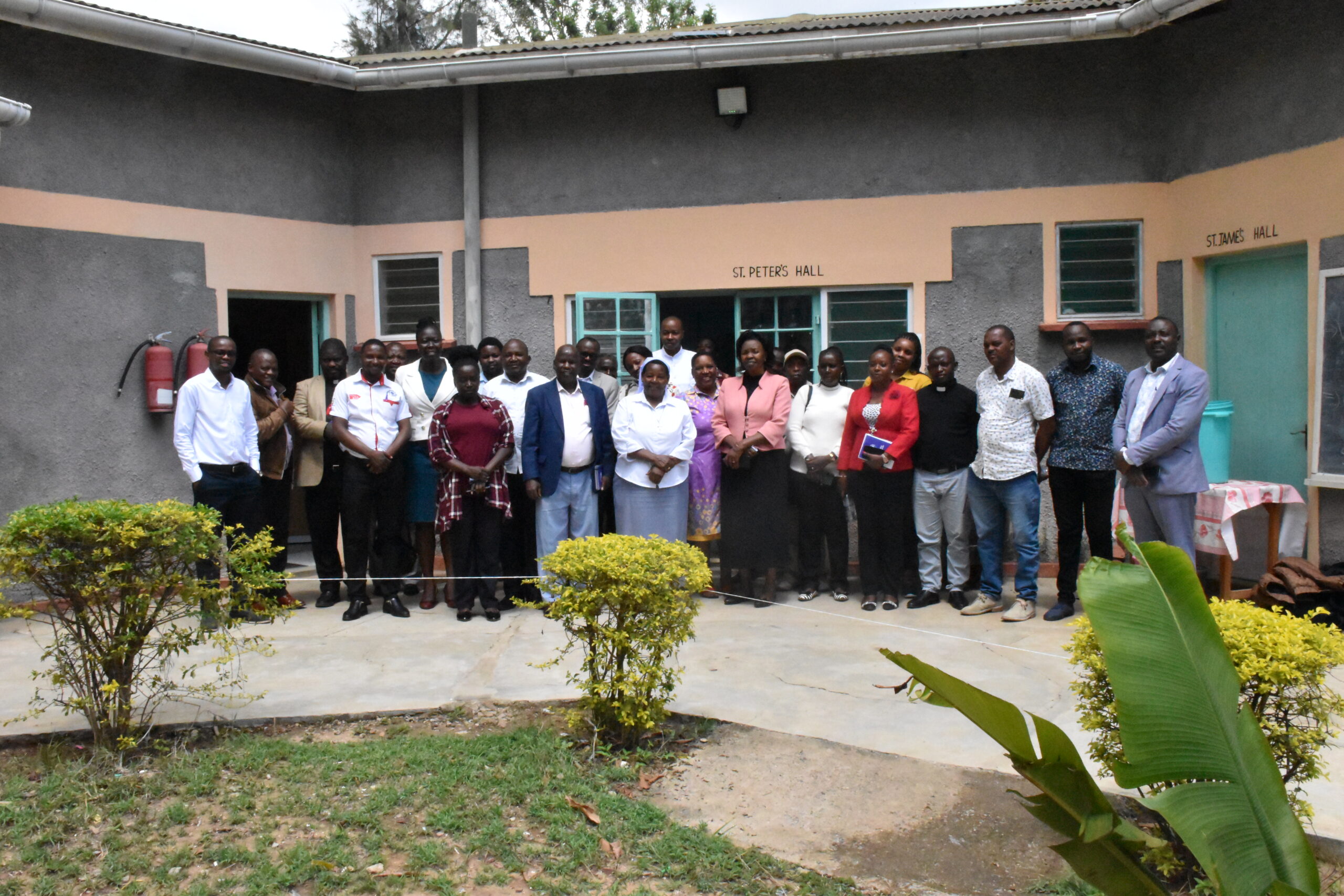By Lilian Museka
Just like other developing countries, Kenya is fast experiencing a high prevalence of lifestyle diseases, the most common being diabetes and hypertension.
A joint report published by the World Health Organization (WHO) and Lancet on World Health Day in 2016, showed that the prevalence of diabetes in Kenya was six per cent in 2014, a 150 per cent rise from 2.4 per cent in 1980.
Separately a 2015 report by the National Stepwise survey for Non-Communicable Diseases (NCDs), showed that one in four Kenyans is living with hypertension and more than half of the population have never had their blood pressure measured.”The survey alarmingly noted that over 90pc of those undergoing treatment for hypertension have not attained control of the disease.
The report names some of the causes of the chronic ailments as consumption of some form of tobacco products, alcohol, consumption of unhealthy diets and not engaging in the recommended amount of physical activities like walking, playing, swimming, hiking and planned exercises among others. Some people are however affected as a result of genetic make-ups.
Diabetes is a non-communicable disease in which the body’s ability to produce or respond to the hormone insulin is impaired, resulting in abnormal breakdown of carbohydrates and elevated levels of glucose in the blood and urine.
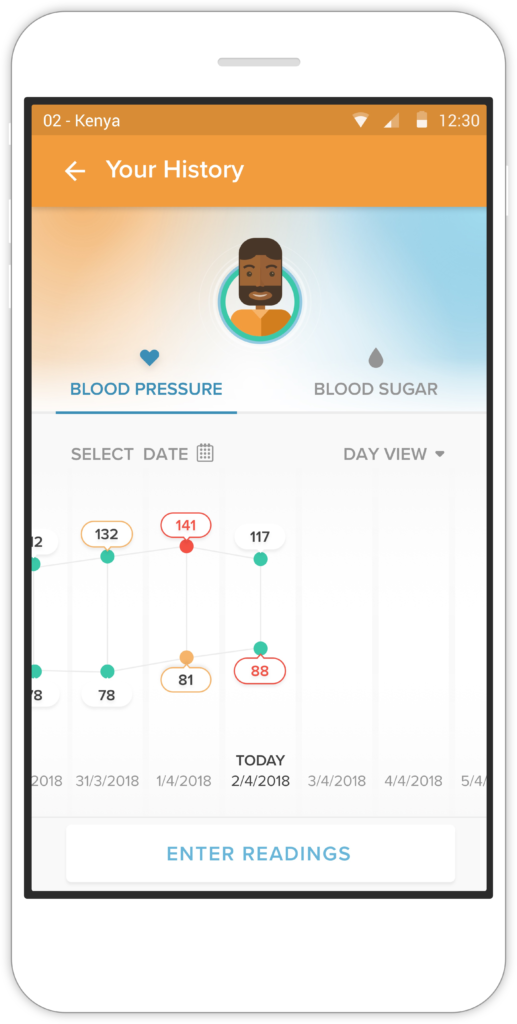
WHO names the most common diabetes symptoms as frequent urination, intense thirst and hunger, weight gain, unusual weight loss, fatigue, cuts and bruises that do not heal, male sexual dysfunction, numbness and tingling in hands and feet. If not controlled, diabetes has dire consequences including possibility of heart attack, stroke, blindness, kidney failure and in other scenarios, gangrene, leading to leg amputation.
On the other hand, the health organization defines hypertension or high blood pressure as the constant pumping of blood through blood vessels with excessive force.
In 2025, WHO estimates that 1.56 billion adults will be living with hypertension adding that the chronic disease kills nearly 8 million people every year.
“We read Kenya’s 2018 Health Sector Performance Review Report for 2016/2017 which showed that hypertension is the leading Non Communicable Disease (NCD) diagnosed detected during outpatient visits, contributing to a 50 percent of total hospital admissions and over 40 percent of facility mortality. This got us concerned and we ended up choosing Kenya as the first African country to launch Afya Pap,” says Alex Odunsi, Marketing Lead at Baobab Circle.
Baobab Circle Limited is a health tech start up that is empowering those with diabetes and hypertension by providing tools and information its users need to manage their conditions anywhere, and at any time through AFYA PAP application.
The Afya Pap is an Unstructured Supplementary Service Data ( USSD) platform which launches a mobile health application that provides services and information about Diabetes and high blood pressure to its users.
The app was launched early last year with the aim of changing how diabetes and hypertension healthcare is delivered in Kenya.
Users receive personalized information on their mobile phones. The app is downloadable on Google play for smart phone users while those with analogue phones subscribe using the USSD code *727# .
Odunsi says that the app has personalized health tips to educate users on all elements of a healthy lifestyle, including diet, physical activity, sexual including diet, physical activity, sexual health and mental awareness, adding that “It’s a tool that helps users to read, store and retrieve blood sugar and blood pressure readings on the go.
The marketing lead is categorical that patients’ information is always kept strictly confidential but only offers limited access to contacted health care givers like doctors and advisers such as nutritionists and sports scientists through direct question.
“The burden of medical care for patients with chronic diseases is very expensive and most insurance companies are reluctant to cover this and if they do, premiums are always high, which come with conditions. If the patients are able to manage the ailments through information shared, it would reduce on their costs,” says Odunsi.
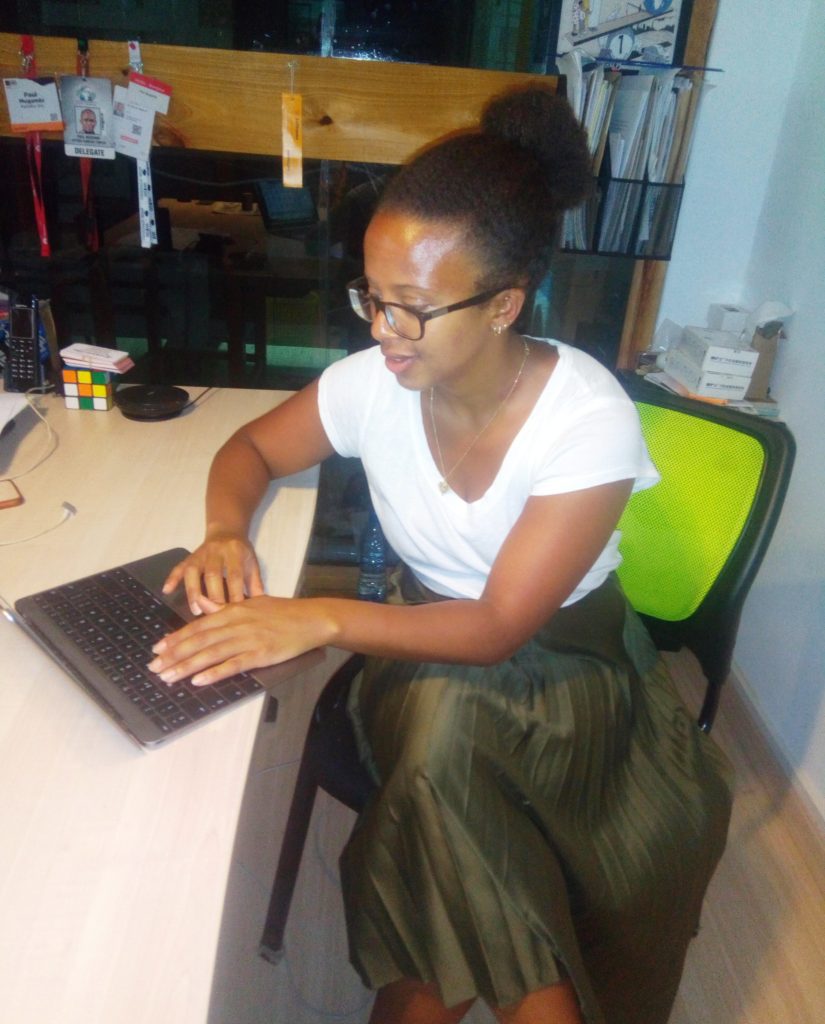
“An example of a message the app will send to a patient is (Hey Akinyi – Stop what you’re doing, stand up and walk around the room. You’ll feel better AND you’ll live longer.) The patient can then ask “Great!How much exercise should I do?)” She says.
Odunsi says the application was for free for the first three months after its launch, adding that it was aimed at empowering patients and Kenyans at large on the importance of managing the ailments and how the app can easily be used.
‘We later started charging and the rates have remained at a subscription fee of Ksh. 100 per month per user. Currently we have 5,000 subscribers and this translates to Ksh. 500,000 per month. The figures are still low because we have not rolled out a door to door campaign which we intend to start in the beginning on 2019,” she adds.
Baobab has since partnered with Telkom Kenya to give the telecommunication company exclusive rights to its subscribers to access the app to help mitigate the increasing cases of health concerns. Subscribers can access it through using the code *727# at Ksh 4 per day.
In September this year, Baobab Circle Limited was among 5 other African Start-ups that were chosen for the 2018 Africa Medical and Research Foundation (Amref) Africa’s innovate for Life Fund Accelerator Programme . Others include Ujuzi Fursa Africa, also from Kenya, Baby Grubz and Tiny Hearts Technology from Nigeria, JOELEX from Uganda and Wastinnova from Zimbabwe.

